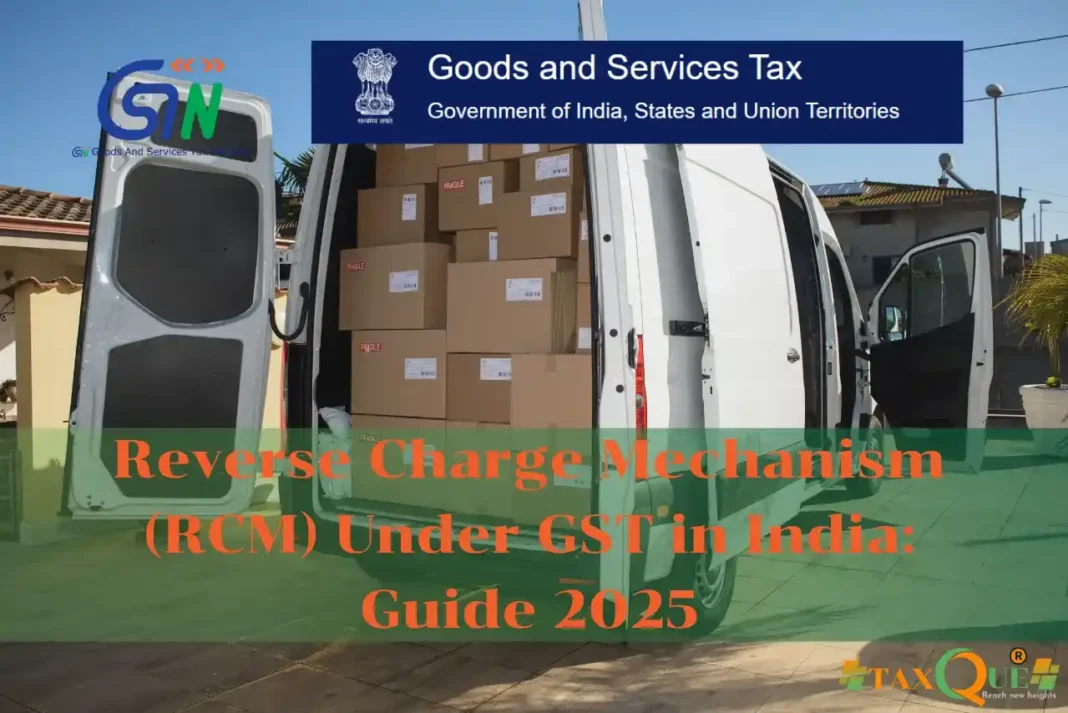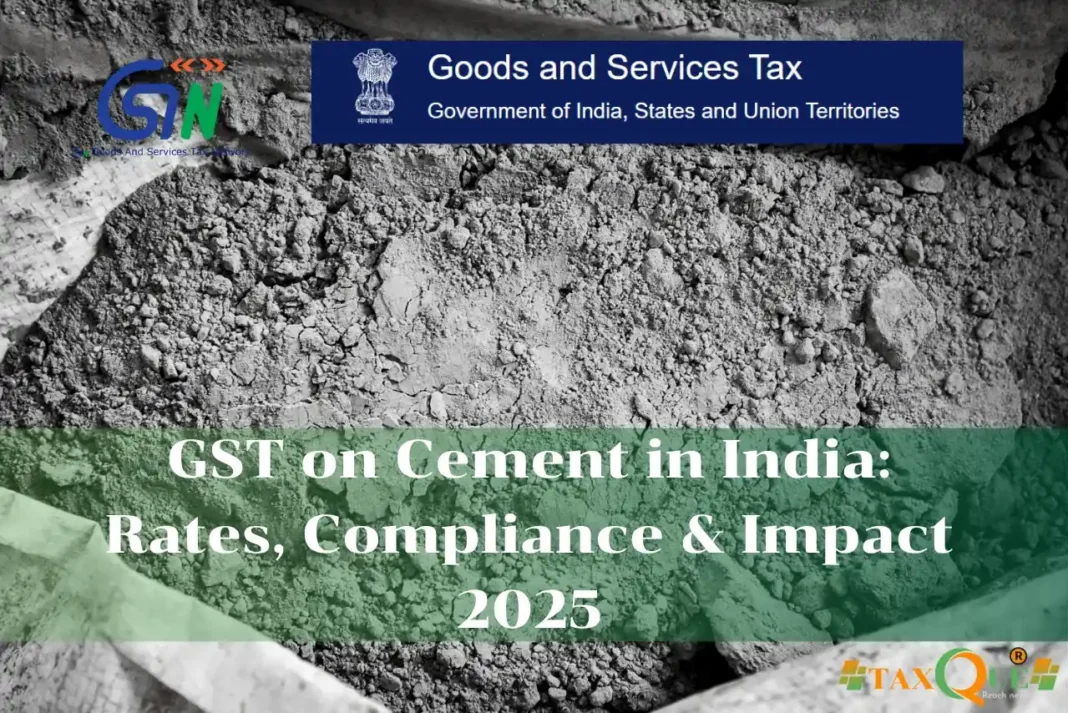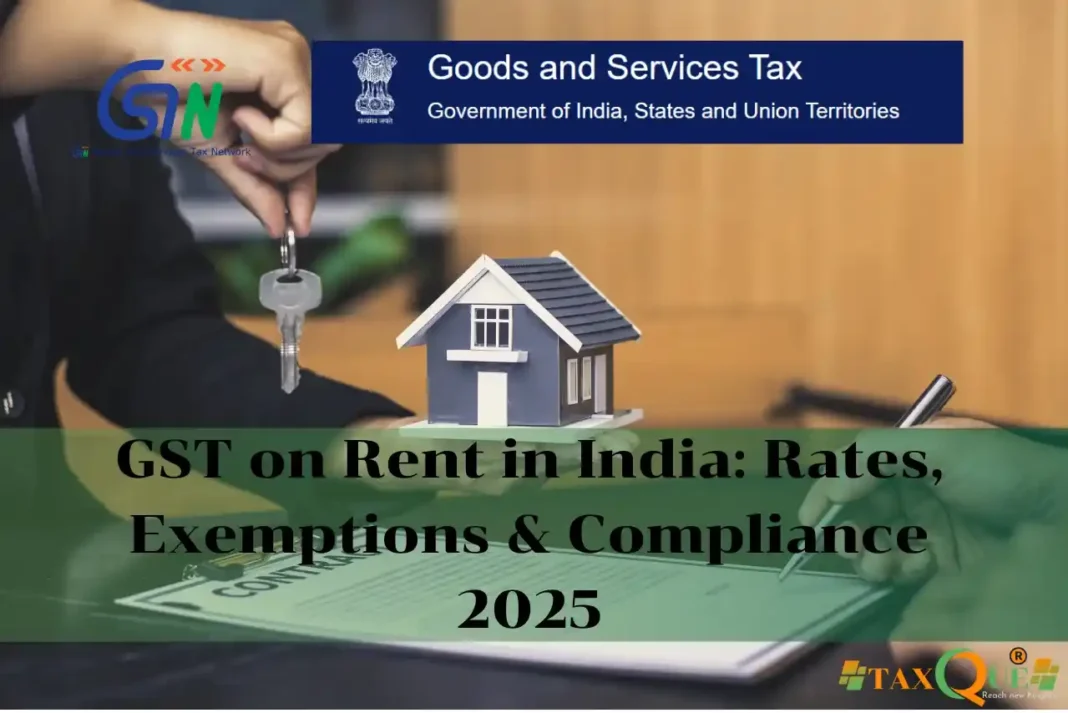Introduction
The reverse charge mechanism under GST is a pivotal aspect of India’s Goods and Services Tax (GST) regime, effective since July 1, 2017, shifting the tax payment responsibility from the supplier to the recipient in specific scenarios. This mechanism, governed by the CGST Act, 2017, applies to services like rent, legal fees, or purchases from unregistered suppliers, impacting businesses in cities like Patna or Bangalore during company registration and operations. This blog provides a comprehensive guide on the reverse charge mechanism under GST in 2025, detailing its applicability, compliance requirements, key examples, and how TaxQue simplifies RCM processes for businesses as of June 3, 2025.
What Is the Reverse Charge Mechanism Under GST?
The reverse charge mechanism under GST (RCM) is a provision where the recipient of goods or services, rather than the supplier, is liable to pay GST directly to the government. Typically, the supplier collects and remits GST, but RCM applies in cases like unregistered suppliers, specific notified services (e.g., legal, rent), or imports. Administered by the GST Council, RCM ensures tax compliance, prevents evasion, and aligns with GST’s destination-based structure, using state codes (e.g., 10 for Bihar, 29 for Karnataka) in the GSTIN. Businesses must understand RCM during company registration to manage tax liabilities effectively.
Applicability and GST Rates for RCM
The reverse charge mechanism under GST applies to specific scenarios with standard GST rates:
| Scenario | GST Rate | Details |
|---|---|---|
| Unregistered Supplier to Registered Recipient | As per goods/service (e.g., 18% for services, 3% for gold jewellery) | Recipient pays GST if supplier is unregistered (e.g., a Patna jeweller buying from an unregistered goldsmith). |
| Notified Services (e.g., Legal, Transport) | 18% (services), 5% (transport) | Includes advocate services, goods transport agency (GTA), sponsorship. Recipient pays under RCM. |
| Rent (Residential for Business Use) | 18% | Registered tenants pay GST on residential rent for business purposes since July 18, 2022 (47th GST Council). |
| Government Services (e.g., Rent) | 18% | Registered recipients pay GST on rent or services from government/local authorities under RCM. |
| Imports of Services | As per service rate | Recipient pays GST on services from non-residents (e.g., foreign consultancy for a Bangalore firm). |
- Unregistered Suppliers: If a registered business in Hyderabad buys goods/services from an unregistered supplier, the recipient pays GST at the applicable rate (e.g., 18% on ₹10,000 service = ₹1,800 GST).
- Notified Services: Services like legal (18%), GTA (5% if ITC not claimed), or sponsorship (18%) are under RCM, regardless of supplier status.
- Rent: Since July 18, 2022, registered tenants pay 18% GST under RCM for residential properties used for business (e.g., a corporate guesthouse in Patna).
- Exemptions: Supplies exempt from GST (e.g., residential rent for personal use) remain exempt under RCM. Imports of services below ₹10 lakh annually by individuals are exempt.
Compliance and Input Tax Credit (ITC)
Reverse charge mechanism under GST compliance involves:
- GST Registration: Mandatory for businesses liable under RCM, even if turnover is below ₹20 lakh (₹10 lakh in special category states like Assam), via the GST portal.
- Self-Invoicing: Recipients must issue a self-invoice for RCM transactions (e.g., unregistered supplier services), including GSTIN, HSN/SAC code (e.g., 9972 for rent), and GST amount, verifiable on the CBIC portal.
- Payment Voucher: Issue a payment voucher for RCM payments, detailing tax paid.
- ITC Eligibility: Recipients can claim ITC on GST paid under RCM if used for business purposes (e.g., ₹1,800 ITC on ₹10,000 service), offsetting output tax liability. ITC is unavailable for exempt or personal use supplies.
- Returns Filing: Report RCM transactions in GSTR-1 (Table 4B) and GSTR-3B (Table 3.1(d)), ensuring correct state codes (e.g., 29 for Karnataka). File monthly/quarterly, with RCM liability paid by the 20th of the next month.
- Penalties: Non-compliance incurs ₹10,000–₹25,000 fines, 18% interest on unpaid taxes, or legal action.
Examples and Impact of RCM
The reverse charge mechanism under GST applies to common scenarios:
- Rent: A Bangalore company renting a residential property for a guesthouse pays 18% GST under RCM (₹9,000 on ₹50,000 rent), claiming ITC if business-related.
- Legal Services: A Patna firm hiring an advocate pays 18% GST under RCM (₹1,800 on ₹10,000 fees), ensuring compliance via self-invoicing.
- Unregistered Supplier: A Hyderabad jeweller buying ₹20,000 silver from an unregistered supplier pays 3% GST (₹600) under RCM, claiming ITC.
- Imports: A Mumbai firm receiving ₹1 lakh foreign consultancy pays 18% IGST (₹18,000) under RCM.
Impact:
- Compliance Burden: RCM increases administrative tasks for recipients, especially SMEs, but ensures tax collection from unregistered suppliers.
- Revenue Protection: Prevents tax evasion by unregistered entities, contributing to ₹1.5 lakh crore monthly GST collections in 2025.
- Business Costs: ITC mitigates costs, but initial cash outflows under RCM can strain small businesses in Patna or Bangalore.
- Company Registration: New businesses must account for RCM liabilities during GST registration, especially for rent or legal services.
TaxQue simplifies the reverse charge mechanism under GST with expert support for RCM self-invoicing, ITC claims, and return filing. Visit TaxQue’s GST compliance guide or company registration services for seamless solutions.
FAQs
1. What is the reverse charge mechanism under GST?
RCM shifts GST payment liability from the supplier to the recipient for specific goods/services, like rent or unregistered supplier purchases.
2. When does RCM apply to rent?
Registered tenants pay 18% GST under RCM for residential properties used for business purposes since July 18, 2022.
3. Can businesses claim ITC under RCM?
Yes, recipients can claim ITC on GST paid under RCM if used for business purposes, with valid self-invoices.
4. What happens if RCM compliance is missed?
Non-compliance incurs ₹10,000–₹25,000 fines, 18% interest, or legal action for unpaid RCM taxes.
5. How does TaxQue assist with reverse charge mechanism under GST?
TaxQue offers tools for self-invoicing, ITC tracking, and RCM return filing. Explore TaxQue’s compliance services.
Conclusion
The reverse charge mechanism under GST in India, applicable to scenarios like commercial rent, legal services, or unregistered suppliers, ensures robust tax collection while adding compliance responsibilities. With 18% GST rates for most services and ITC eligibility, businesses in Patna, Bangalore, or elsewhere benefit from transparency but need efficient systems. Platforms like TaxQue streamline reverse charge mechanism under GST compliance with expert tools for registration, invoicing, and return filing. Stay compliant, leverage ITC, and navigate GST seamlessly in 2025.





